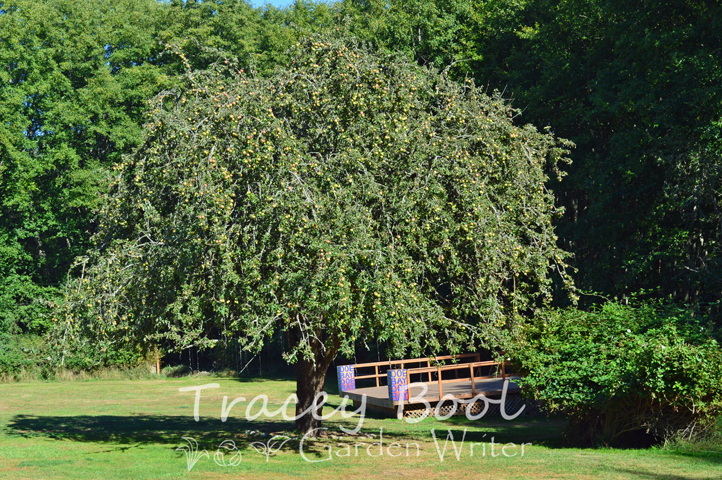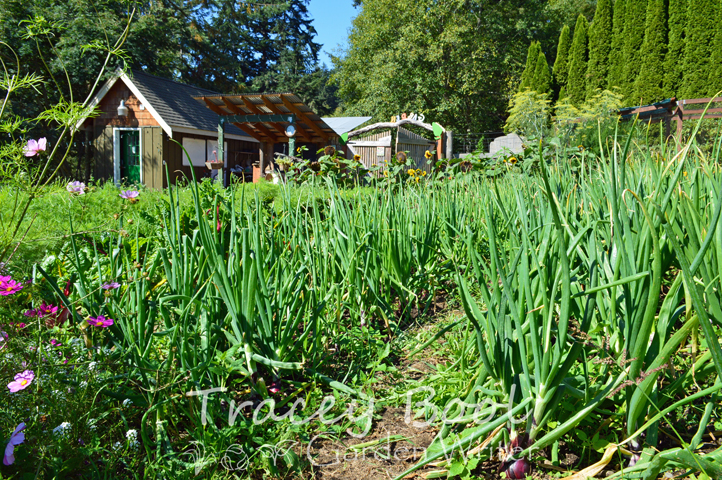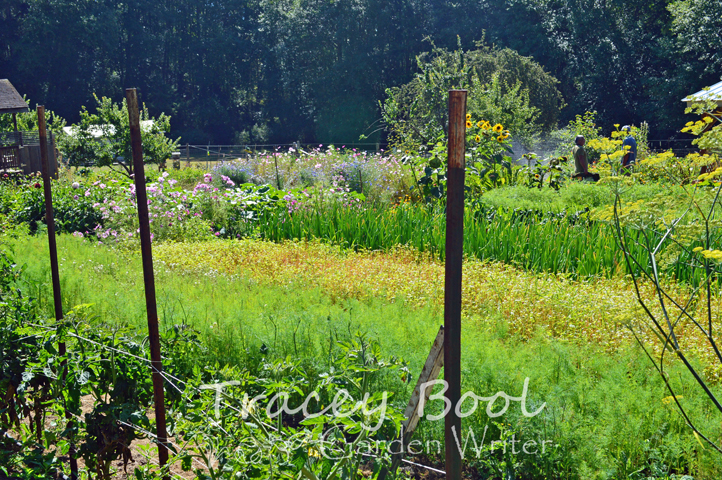|
Community Gardening Abroad
(August 2016) I love plants, gardens and the likeminded people who create them. Gardening is a pastime which has the ability to engender a sense of community the world over. This could not have become more apparent to me than after my recent trip overseas. Thanks to a long lost Australian friend of thirteen years, I found myself at stunning Doe Bay Retreat, in their heavenly seed to table community garden, located on the famous Orcas Islands in the US. Jess has helped run the prosperous 1.5 acre garden over the past two seasons, along with her manager and a bunch of lovely volunteers. The local climate is temperate with high rainfall, winter frosts, seasonal winds and occasional snow. Unlike Canberra however, the glacial-based soil is sandy, full of pebbles, and has excellent drainage. The team has nurtured exceptional plant, soil and wildlife diversity since the garden’s inception in 2009, with organic matter being sourced both locally and beyond, as well as utilising compost made on site. Cover crops are a common seasonal theme – there were large beds housing peas, mustard greens and buckwheat at the time of my visit. Organic fertilisers are also added at time of planting, and are complemented with NPK fertilisers as needed. Synthetic pesticides are avoided at Doe Bay Garden, and with organic remedies being implemented only as necessary. Any additional watering required during prolonged dry periods is sourced from on-site wells and the Island’s town supply. Types of plants grown are wide and varied and include both ornamental and productive. There are herbs, veggies (common and obscure) and fruit trees galore. There is a stunning apple tree in residence, estimated to be at least 200 years of age! It has the most majestic weeping habit and a circumference of around 8 metres – a real-life fairy tree. The large crop of tomatillos, used as a salsa ingredient for the resident café, were also a highlight. Doe Bay garden includes staff plots, an interactive and fantastical children’s garden, and resident chickens who supply staff with yumbo cackle-berries and help keep bug numbers in check. Recent and ongoing challenges (what garden would be a garden without them) include some species of yellowjacket insects wreaking havoc on the resident honey bee hives; and tobacco mosaic virus affecting some plant crops - a common virus in the US. Interestingly, aside from the team utilising manmade traps to help control yellowjacket numbers, Bees actually have an admirable and impressive defence tactic of their own where they flap their wings to increase the hive temperature beyond what the leatherjackets can withstand. For more information on Doe Bay Garden and Retreat, visit: https://doebay.com/cafe-garden/doe-bay-garden/ |



